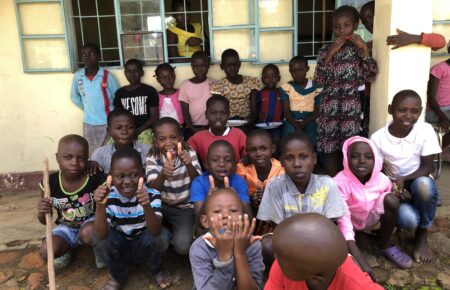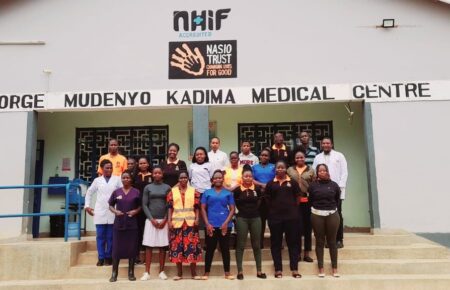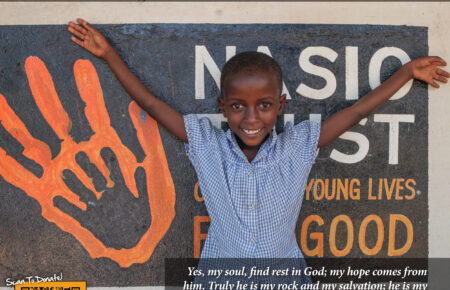The Surprising Truth About Respiratory Disease in Musanda
May 2018
We wanted to share some surprising research recently completed at our new medical centre.
Patients over the age of 5
Medical data collected from 676 patients over the age of 5 years that visited the medical centre between November 2017 and February 2018 showed that Upper Respiratory Tract Infection (URTI) was the highest recorded diagnosis at 19.4% (115 patients). Upper Respiratory Tract Infections include colds, coughs, nasal discharges, runny nose and sore throat among others. Pneumonia was amongst the top 10 out of 137 diagnoses in this age group at 2% (15 patients).
Patients under the age of 5
Medical data of 87 patients under the age of 5 years was collected whereby URTI was the highest recorded diagnosis at 34.5% ( 30 patients) and Pneumonia was the third highest diagnosis at 8%.
The implications
With a number of the people we support living positively with HIV, the potential impact a respiratory infection can have on the immune system cannot be over stated.
Cases of URTIs and other respiratory diseases are prevalent in Musanda and its environs due to poor hygiene practices, weather changes, dust and allergies. But the most notable reason is likely to be be cooking practices.
Women, who often cook with children around them or on their back, inhale an enormous amount of smoke on a daily basis
Most people use traditional “three stones” fires for cooking, using three stones to support a saucepan with an open fire beneath. The open fires tend to be difficult to light requiring a lot of puff to get them going and producing large amounts of smoke. Women, who often cook with children around them or on their back, inhale an enormous amount of smoke on a daily basis – a life threatening amount of smoke, valued by the WHO as the equivalent of smoking between 1 and 3 packets of cigarettes a day.
Aside from the respiratory issues, the stoves are low down which puts a strain on the backs of those cooking whilst the open fires leave both the women and children at risk of burns. The open fire also means that the stoves are inefficient with heat being lost from the sides of the hearth therefore requiring a greater amount of firewood to cook causing an environmental issue on trees cut for firewood. Find out what the Nasio Trust is doing to help here.
Other respiratory diseases/infections that were recorded are Bronchitis (2 patients in the under 5 years category) and Bronchial Asthma (2 patients in the over 5 years category.
If you would like to support the work we’re doing to combat the causes of URTIs please donate now.
This story is listed in: About Nasio, Projects



